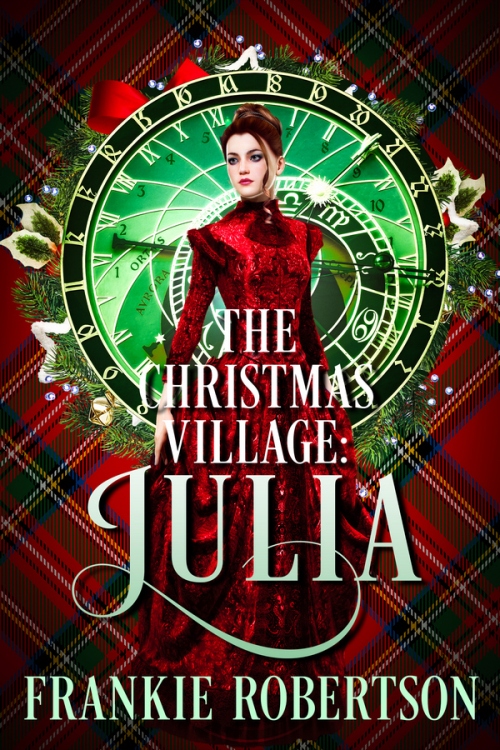You might wonder that I say uncertainty is what makes a romance work. After all, by definition all romances end with a happily ever after (HEA), or at least a happy for now (HFN). The reader knows on page one that everything is going to turn out well for the characters.
That uncertainty is still possible is due to the art and craft of the author. In traditional romance the author creates a curiosity about how the hero and heroine will get together. How they resolve their doubts and conflicts so they can lower their defenses enough to let the other in and become stronger together than they were apart. In most romances a great deal of URST (unresolved sexual tension) develops until, when it is finally resolved, the release for the reader is much like it is for the characters.
Even in erotic romance, where the protagonists have sex early and often, there is uncertainty. In this case the doubt isn’t about when the characters will finally have sex, it’s about when their emotional intimacy will turn having sex into making love.
Olivia Blackburn posted about a psychology study that supports what romance writers and readers have known for some time. Uncertainty creates interest. Not being sure of someone is even more alluring than knowing the other likes you. And in a romance it’s particularly effective to have the protagonists almost come together and then be pulled apart by circumstance or dispute. It’s this pattern that many detractors from romance object to. They often feel this pattern is contrived and artificial.
Sometimes they’re right.
Creating uncertainty is good. Doing it clumsily is not.
I just finished Shannon K. Butcher’s BLOOD HUNT. In it she raises all sorts of questions not all of which are answered in this book. (Making the reader anxious for the next in the series.) Most impressively, she creates an intense attraction between the hero and heroine and a believable reason why they don’t indulge that desire until late in the story. As much as I wanted the two of them to get together, I completely accepted why the hero resisted so long.
This is crucial to a traditionally structured romance. If you don’t make the reader believe deep down that the characters have a good reason to resist the urge, they’ll be annoyed. You might as well write an erotic romance and have them go ahead and do it on page one. But if you do, you’d better have a good and believable reason the H/H aren’t moving in together and settling down on page two. If you don’t, you may have mystery or a thriller, or some other genre, but you won’t have a romance. One way or the other, you need uncertainty or you don’t have a story. And without emotional uncertainty you don’t have a romance.


So true Frankie! Love URST – I will have to remember that one.
Thanks Casey. I wish I could take credit for URST, but it’s not original to me. I don’t remember where I first heard it.
Pingback: What Makes A Romance Work? Uncertainty. | Frankie's Soapbox | Partner Connection
Pingback: So Many Blogs, So Little Time | laurarussellromance
So true. Developing believable character motivation is one of the hardest and most time-consuming aspects of writing fiction, I’ve found.
Yep. It annoys the hell out of me when I read a book that artificially keeps the H/H apart. I’d rather let them get together and have other circumstances complicate their lives than contrive something that could be solved by a simple question that there’s no reason not to ask and answer.
Great blog! You’re right on target about uncertainty. Yes, we all know they’ll get together by the end but, as readers, we need to feel that there’s a chance they won’t. We have to become emotionally invested in the outcome or we simply won’t care.
Thanks, Lynda!
Great post! I’d never really analyzed it that way and this is good for me to know. I write urban fantasy, which has strong romantic elements, but they can always be stronger. 🙂 I appreciate you tips. Thanks!
Thanks, Karen! It all depends on where you want your focus to be. As I’m sure you are quite aware, urban fantasy is a little different from paranormal romance. You don’t have to dwell on the romantic elements, but you don’t want your reader to forget that tension that simmering below the surface either. It took Patty Briggs five books to get Mercy and _____ (I won’t spoil it) together, and we weren’t sure until then who she’d choose.